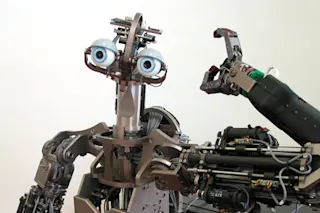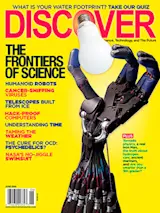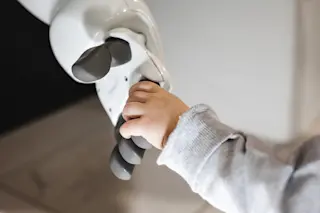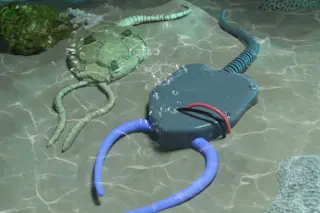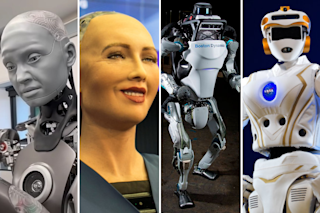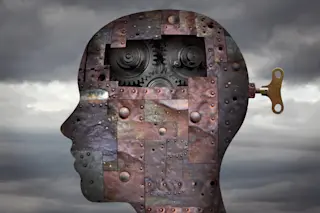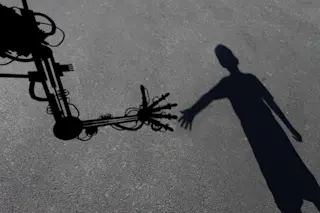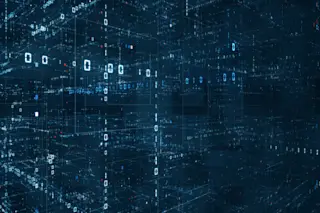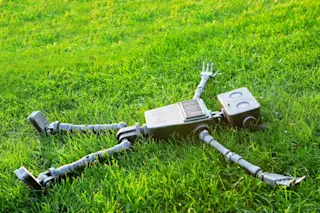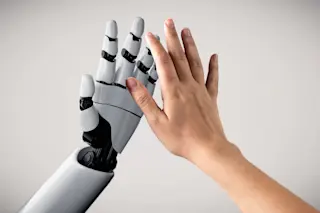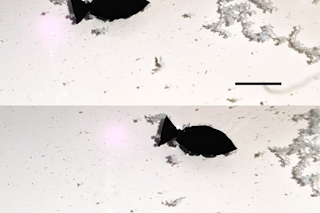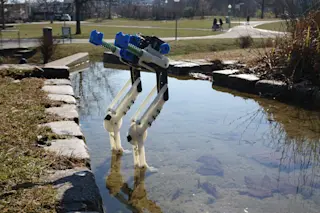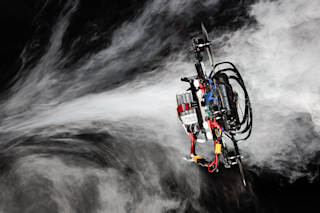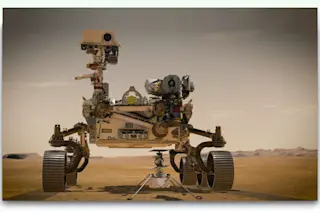When Josh Bongard’s creatures come to life —he must first turn them on—it is obvious that they know nothing about the world. They thrash and fling themselves around, discovering not that they have bodies but that bodies exist, not that they can move but that motion is possible. Gradually they grow more certain—more conscious, you might say. As they do, you sense, coming from somewhere deep inside, a note of triumph like a toddler’s first step.
Bongard’s babies are among the many early signs that our relationship with machines is on the verge of a seismic shift. Ever since the idea of artificial beings first appeared thousands of years ago, the question has been not so much what they might do for us—which services or functions they might bring to the table—but how we would relate to entities that are, and yet are not, human. There has never been a ...


